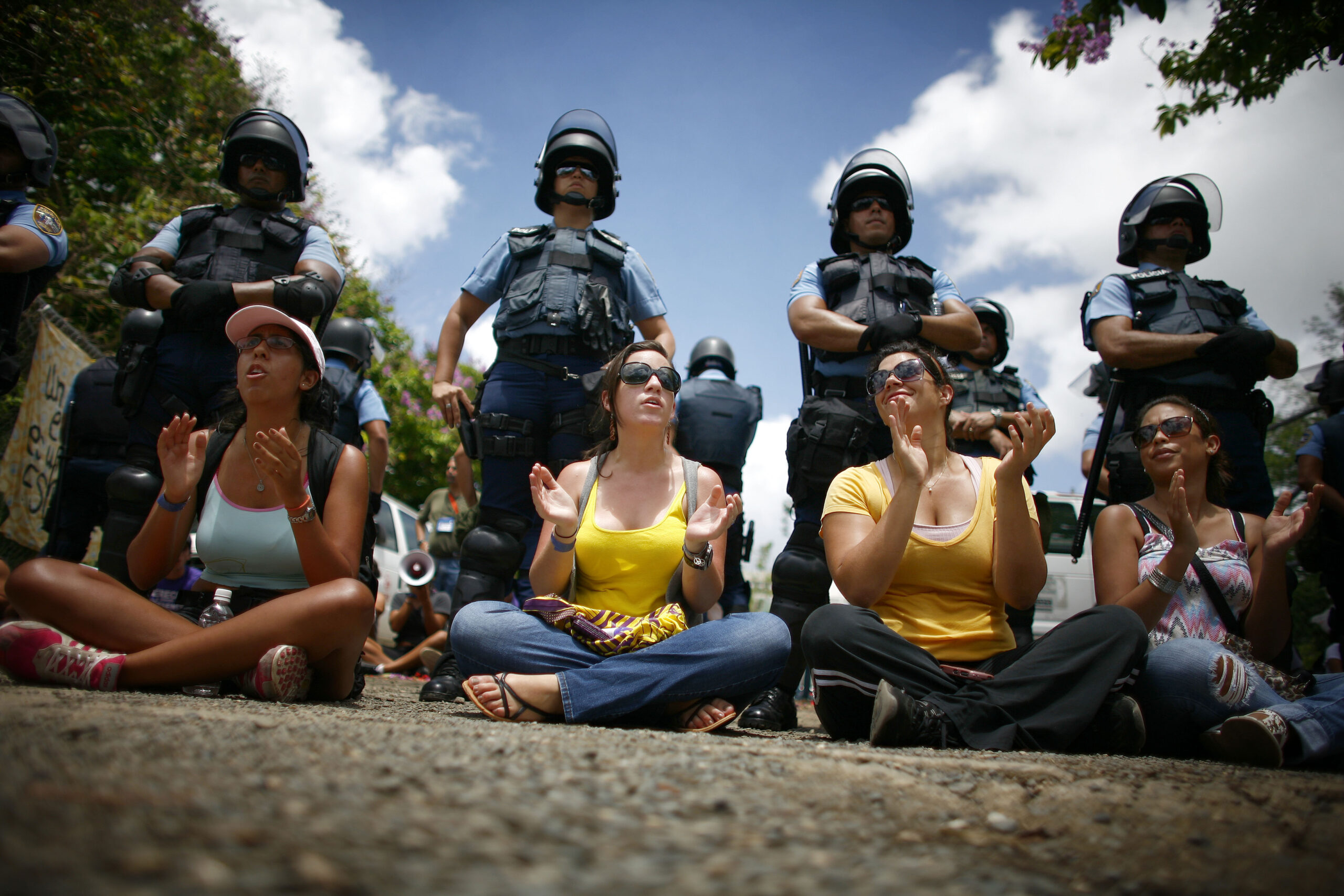The president of the Governing Board of the University of Puerto Rico (UPR), Ricardo Dalmau, considered that the reduction of $101.7 million in the institution’s budget by the Fiscal Oversight Board (JSAF) complicates being able to follow up on critical projects in the institution.
In a statement this week, Dalmau declared that the reduction that would apply to the 2024-2025 fiscal year, which begins on July 1, also jeopardizes compliance with the employer contribution required by the actuarial studies of the UPR retirement system.
The Board’s income projection provided to the UPR on May 3 indicates that the contributions from the central government would amount to $500,844,0000.
“This figure represents a decrease of $101,748,000 with respect to the certified contributions in the current budget, fiscal year 2023-2024, which reached $602,632,000. The Governing Board of the UPR requests that the fiscal board make the contributions from the central government at least equivalent to those assigned this year,” Dalmau requested.
The president of the governing board anticipated that if the federal entity does not assign the public university a minimum budget of $602.6 million, the UPR will fall into a structural deficit.
“Despite the cuts, the UPR has fulfilled its fiscal responsibility, maintaining a budget balance that includes the payment of its public debt, which is less than $300 million. Not allocating a minimum budget of $602.6 million to the UPR for the next fiscal year would inevitably result in a structural deficit,” he stated.
Dalmau added that the JSAF should discuss options with the body it presides over to increase the amount of money given that the institution has tried to implement changes in regards to students, faculty and infrastructure care as they have requested.
“During the current fiscal year, the UPR has begun to implement transformation actions both on its own initiative and in response to JSAF requirements. In order to carry out these projects, it is crucial that at least the current budget allocation for this year is maintained. The institution recognizes the need to transform to provide a better service to the country and we reaffirm our unwavering commitment to this. However, to achieve this, budget certainty and stability are essential. The UPR is committed to remaining a fundamental pillar in promoting social mobility and economic development of the people of Puerto Rico, in addition to being a tool of competitiveness for the island,” Dalmau insisted.
Last February, the Board, an organization created in 2016 by the PROMESA Law in the federal Congress to manage the territory’s finances, rejected the UPR’s request to grant $60 million of its budget for the current fiscal year because, supposedly, they did not count with a specific plan for how they would use the money.
“Although we appreciate the significant effort that the UPR has made to address its fiscal stability and academic excellence, these documents and the petition, in general, lack the necessary specificity. For example, it contains certain objectives, but does not detail how these objectives will be achieved or how progress will be measured,” said the executive director of the Board Robert Mujica, in a letter on February 12 addressed to the president of the UPR, Luis Ferrao.
In the letter, Mujica also indicated that the request for money had not been approved by the UPR Governing Board either.
The $60 million is part of a special fund of $102 million that the Office of Management and Budget (OGP) had to guard until the UPR complied with a series of requirements imposed by the Board.
Keep reading:
US Department of Justice investigates McKinsey & Co., the Board’s main advisory firm in Puerto Rico, for aggravating the opioid crisis
The Board says that Puerto Rico has already passed the most difficult part in terms of austerity measures due to debt restructuring
Puerto Rico: “Junta 3.0”, what is the process to appoint the members of the body that handles bankruptcy on the island?
Puerto Rico: NYC judge agrees to reopen PREPA bankruptcy file due to claims from unsecured bondholders asking for more money
